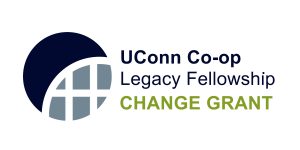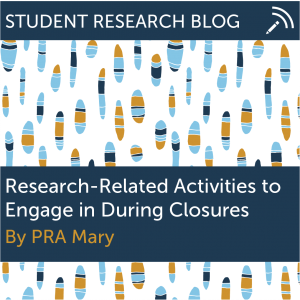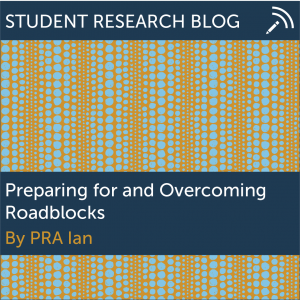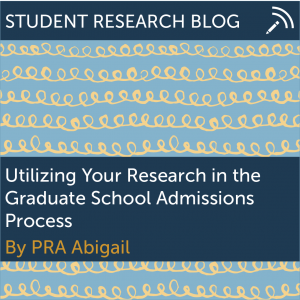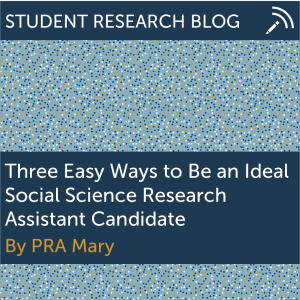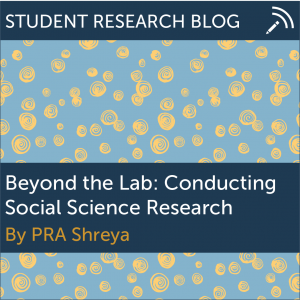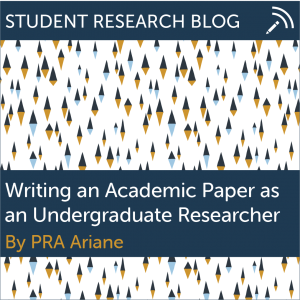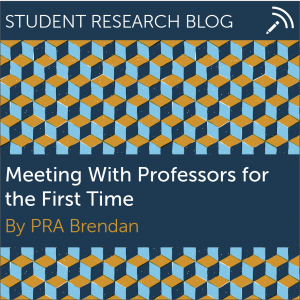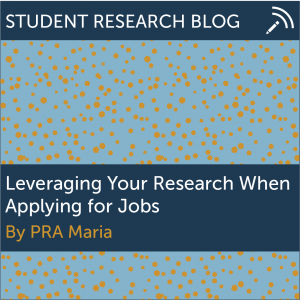 By Maria Latta, Peer Research Ambassador
By Maria Latta, Peer Research Ambassador
As the summer approaches, many of us are looking toward job and internship applications. If you are engaging in undergraduate research or creative projects, how can you use them to get a job or internship that doesn’t involved research? Often times students apply for jobs or internships related to their major or future career that don’t specifically include a research component. That doesn’t mean you can’t highlight the transferable skills that you have developed through undergraduate research in resumes and interviews to ultimately land you an offer. Continue reading
